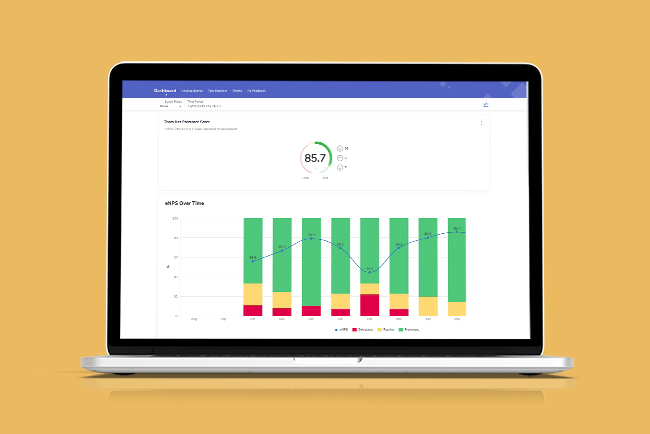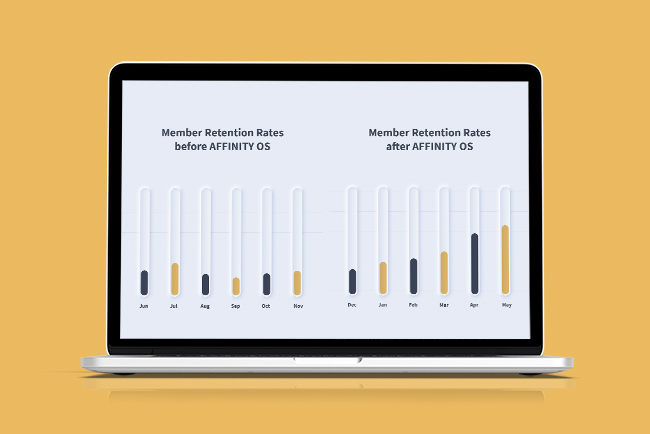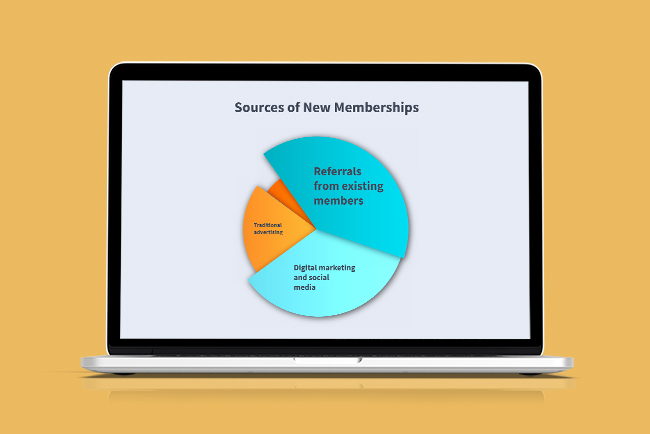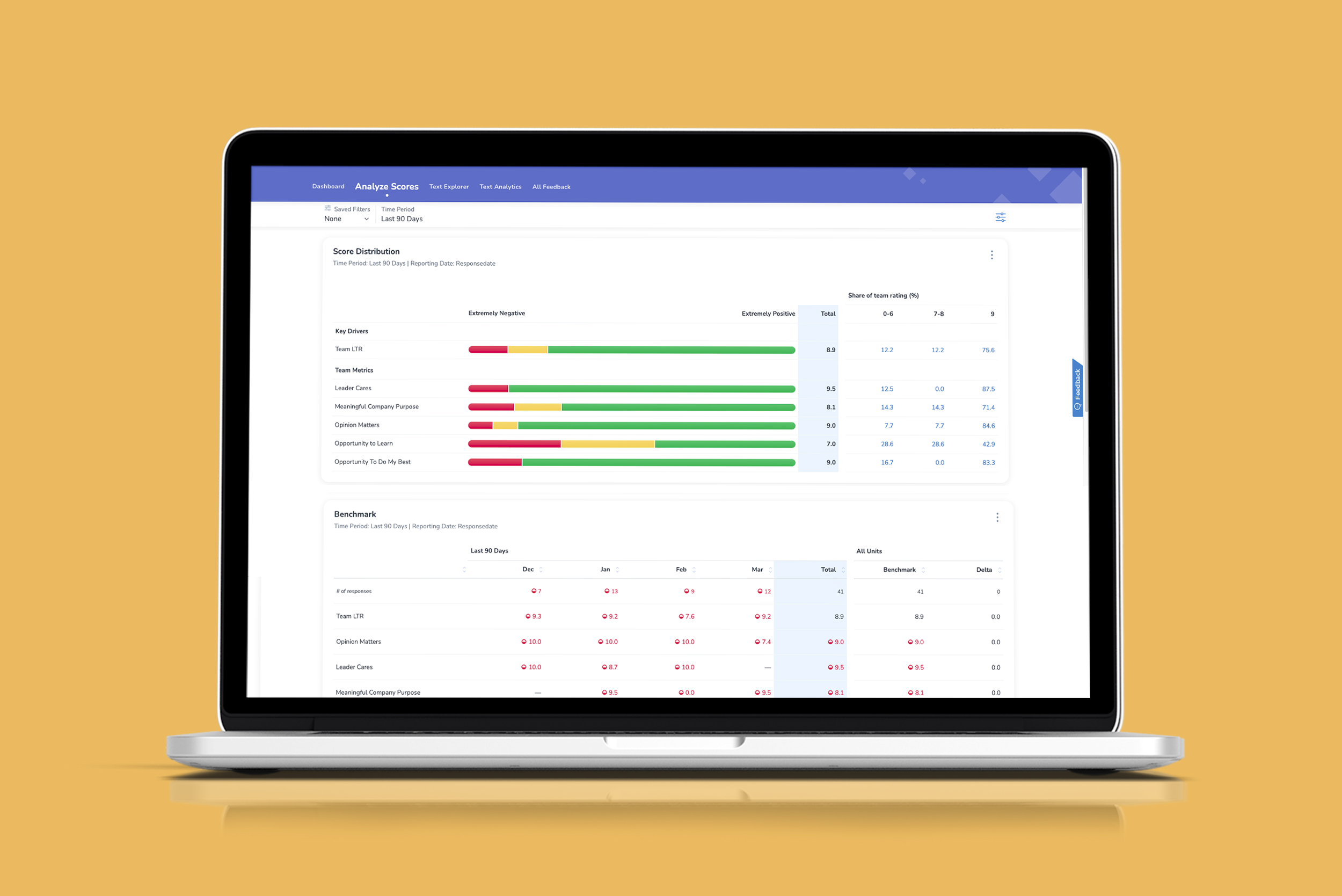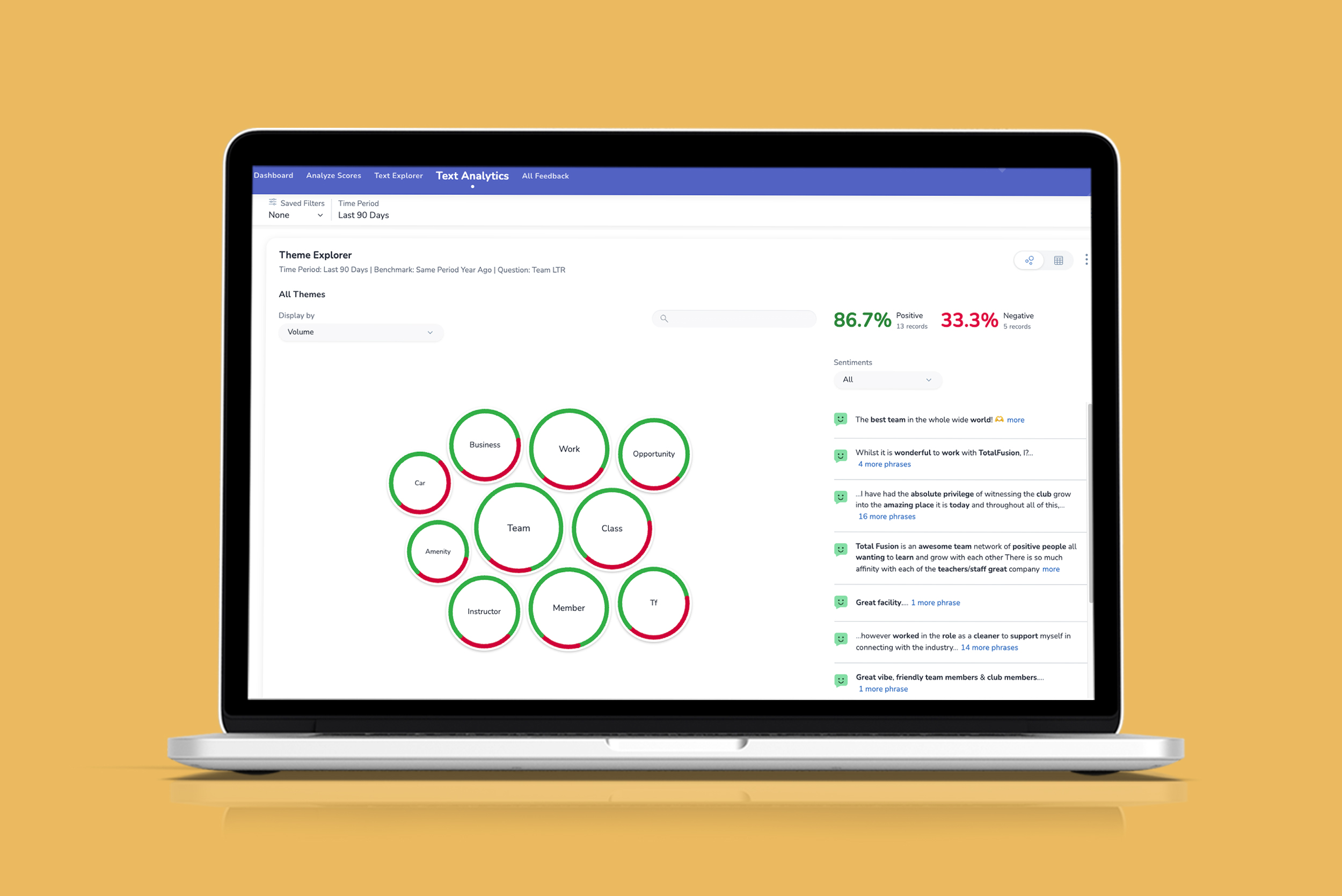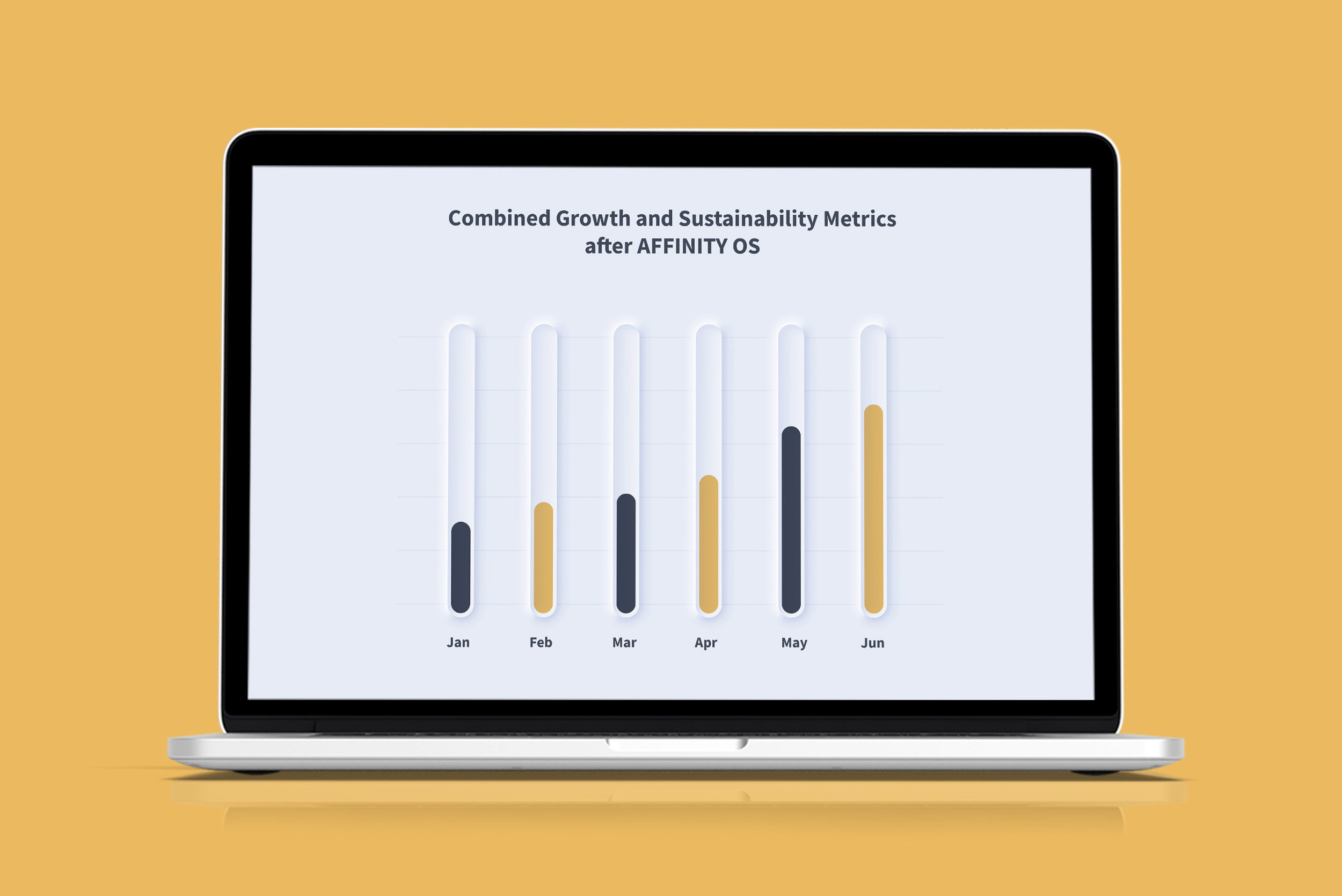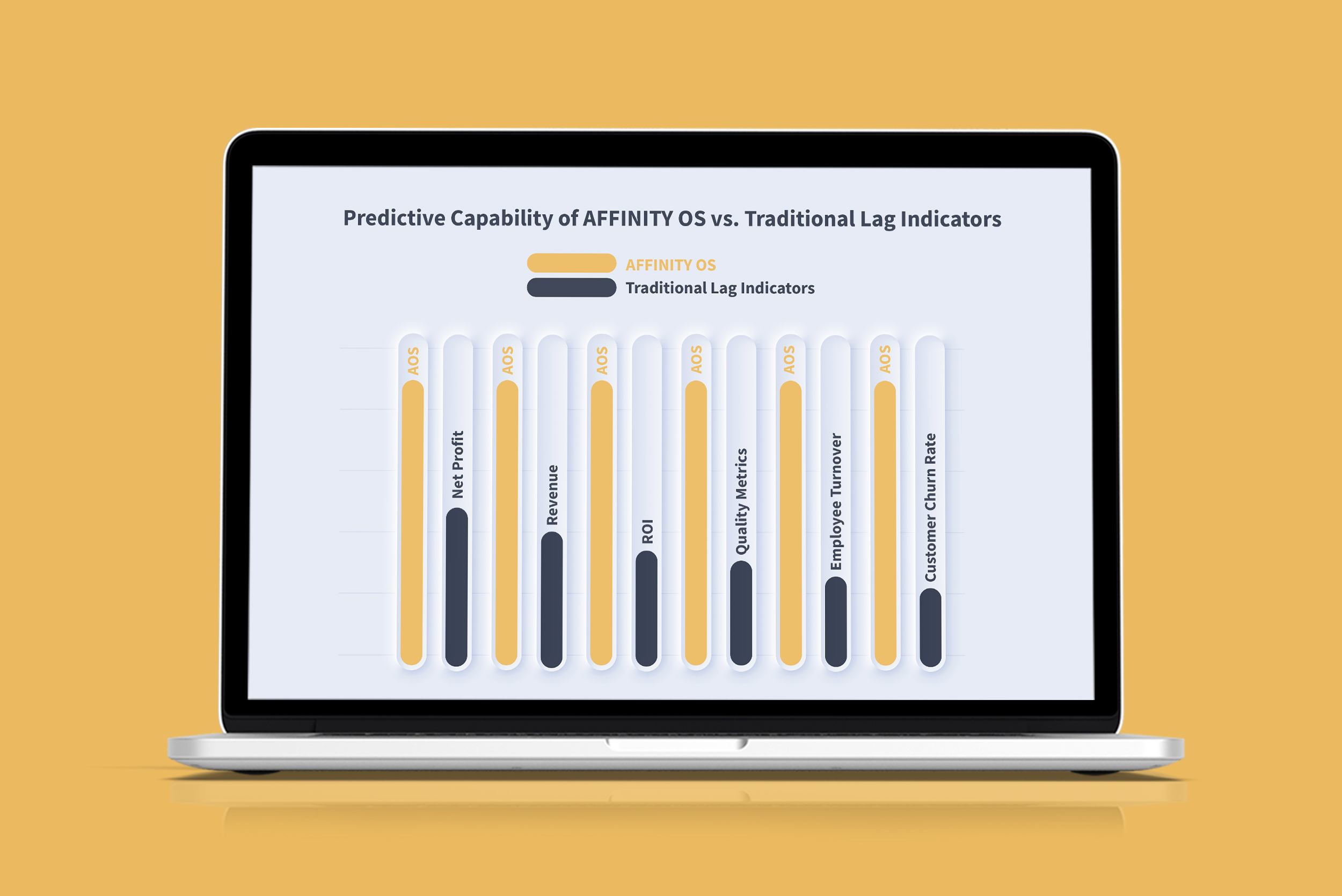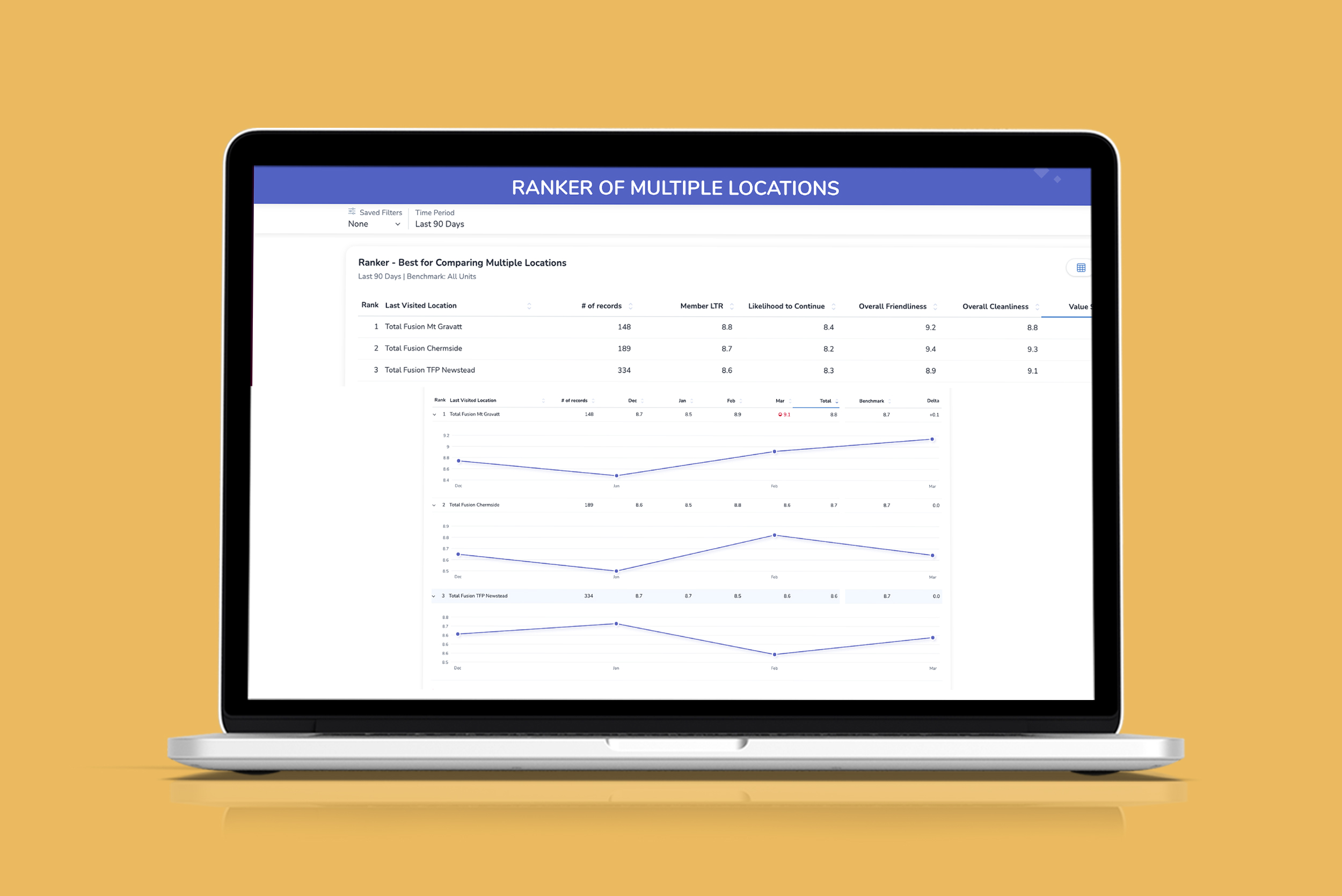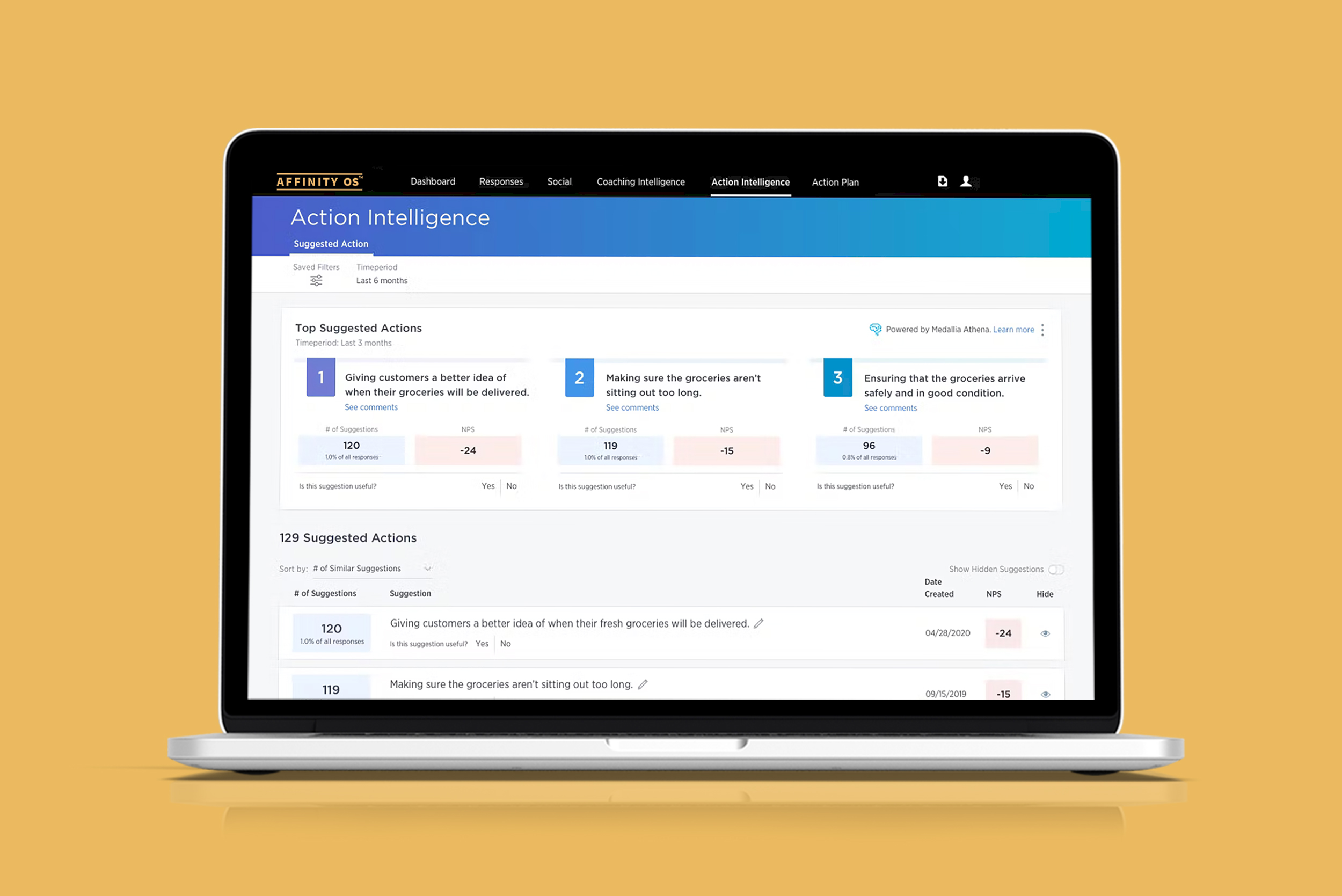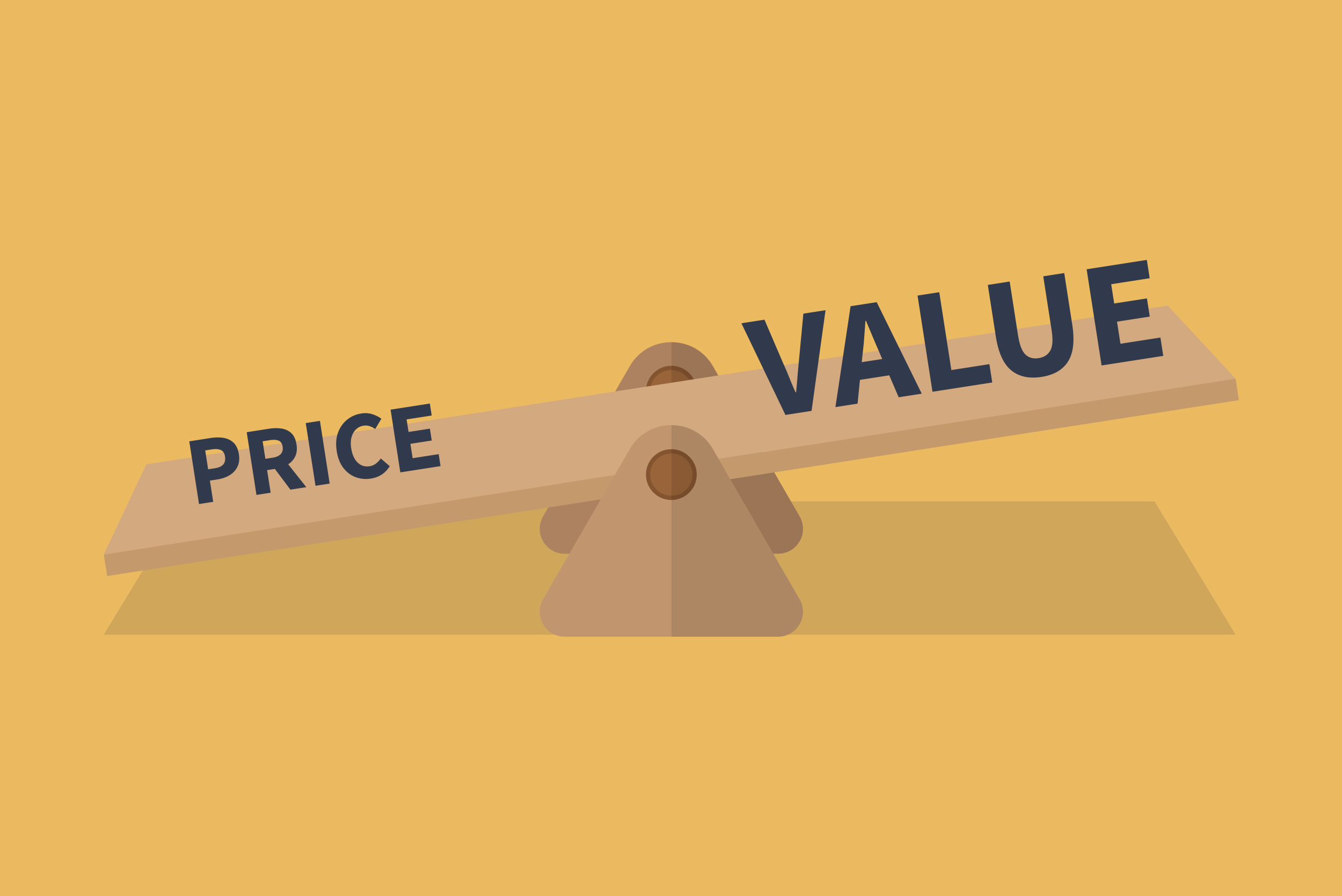Rest, Sleep, and Success: The Underestimated Pillar of Physical Self-Care
Introduction

“Rest, Sleep, and Success: The Underestimated Pillar of Physical Self-Care” addresses a crucial yet often neglected aspect of leadership – the profound importance of sleep. In a world where leaders are expected to be constantly available and on-the-go, dedicating time for rest and sleep might seem like a luxury. However, the impact of sleep on physical health, mental sharpness, emotional stability, and professional efficacy is immense. This lesson explores the detrimental effects of sleep deprivation, including reduced productivity, impaired decision-making, and increased susceptibility to stress and burnout. Emphasizing the concept of ‘Sleep Hygiene,’ the lesson provides a comprehensive list of practices to enhance sleep quality.
Rest, Sleep, and Success: The Underestimated Pillar of Physical Self-Care
Listen Now - 3 min. 31 sec.
In the 24/7, always-on world of leadership, finding time for adequate rest and sleep can seem like an insurmountable challenge. Yet, the profound impact of sleep on our physical health, mental clarity, emotional well-being, and job performance cannot be overstated. Failing to prioritize rest can lead to decreased productivity, poor decision-making, weakened immunity, and even burnout. Let’s explore the essential role of sleep in physical self-care and how it directly contributes to achieving AFFINITY in Leadership.
Research consistently highlights the vital role sleep plays in maintaining cognitive functions like memory, attention, and creativity – all of which are crucial for effective leadership. Lack of sleep can lead to mood swings, decreased patience, and impaired problem-solving skills, impacting not only your performance but also your relationships with teammates.
So, how can we ensure that we get the necessary quantity and quality of sleep despite the demands of our jobs? Here comes the role of ‘Sleep Hygiene’ – a variety of different practices that are necessary to have normal, quality nighttime sleep and full daytime alertness.
Here is a comprehensive list of sleep hygiene practices that mindful leaders, or anyone, can use to enhance their sleep quality:
- Keep a Regular Sleep Schedule: Establish a regular sleep and wake time, even on weekends. This helps regulate your body’s internal clock.
- Create a Restful Environment: Make your bedroom a calm, dark, quiet, and cool place. Consider using earplugs, eye shades, a fan, or a white noise machine if needed.
- Reserve the Bed for Sleep and Intimacy: This can help your brain associate the bed with sleeping, not working, eating, or watching TV.
- Practice a Relaxing Pre-Sleep Ritual: Engage in a calming activity before bed, like reading, meditating, or taking a warm bath.
- Be Mindful of What You Eat and Drink: Avoid large meals, caffeine, and alcohol close to bedtime.
- Engage in Regular Physical Activity: Regular exercise can help you fall asleep faster and deepen your sleep. Just avoid being active too close to bedtime.
- Limit Daytime Naps: Long naps can interfere with nighttime sleep. If you need to nap, try to limit yourself to about 20 to 30 minutes and make it during the mid-afternoon.
- Manage Stress: Regularly practicing stress management techniques like deep breathing, meditation, yoga, or writing in a journal can improve your sleep quality.
- Keep Electronics Out of the Bedroom: The light emitted by phones, tablets, computers, and TVs can interfere with your sleep. Try to turn off these devices at least an hour before bedtime.
- Talk to Your Doctor if You’re Still Struggling: If you’ve tried all the strategies above and still have trouble sleeping, it might be time to talk to a healthcare provider. They can identify any underlying issues that may be interfering with your sleep.
Remember, improving sleep doesn’t usually happen overnight. Be patient with yourself, and try different strategies to see what works best for you.
Practice these meditations:
Evening Wind-Down Reflection: A Short Guided Meditation for Mindful Leaders
Sleep Preparation: A Short Guided Meditation for Mindful Leaders
Here is a list of applications designed to help people improve their sleep quality:
- Calm: Calm offers a range of sleep stories, soothing music, guided meditations, and even masterclasses by experts to help you sleep better.
- Headspace: Known for its meditation offerings, Headspace also provides “sleepcasts,” which are 45-55 minute long audio experiences that feel like bedtime stories for adults.
- Sleep Cycle: This app analyzes your sleep and wakes you up during your lightest sleep phase, which is the natural way to wake up feeling rested and relaxed.
- Pzizz: Pzizz uses a combination of music, voiceover, and sound effects designed using the latest clinical research, to help you sleep better.
- Relax Melodies: You can select from a list of sounds and melodies that you can mix together to create your custom sleep ambience.
- Slumber: Slumber offers a combination of experiences to help you fall asleep, whether it’s meditation focused, a bedtime story series, or the sound of a warm jacuzzi.
- 10% Happier: This app, while mainly a mindfulness and meditation app, has a dedicated section for sleep, featuring a variety of meditations, stories, music, and sounds designed to help you fall asleep.
- Noisli: This app lets you mix different sounds to create your perfect sleep environment. It’s great for blocking out background noise.
- Pillow: Pillow is a sleep tracking app that works on your Apple Watch, iPhone, or iPad. It provides detailed analysis of your sleep cycles, heart rate, and audio events like snoring or sleep talking.
- Insight Timer: In addition to its vast library of free meditations, Insight Timer has sleep-specific sessions and bedtime stories to help users fall asleep more easily.
Remember, establishing good sleep hygiene is just as important as using these apps. This includes maintaining a consistent sleep schedule, avoiding caffeine and electronics before bed, and ensuring your bedroom is dark, cool, and quiet.
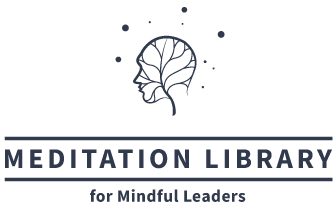
CONTACT US
+61 475 866 592

